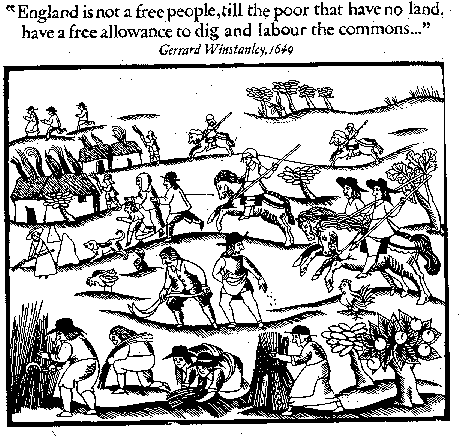The Occupy movement through the lens of love
Crossposted from As of Yet Untitled
Occupy Love is an ambitious documentary. In an hour and 30 minutes, it attempts to offer a short history of Occupy Wall Street. It traces the roots of the movement back to the streets of Tunisia in December 2010 and through the plazas in Spain in the summer of 2011. In parallel to these clips from recent history, its interviews plumb the big ideas that undergird the Occupy movement. Interviews with activists, writers and thinkers run the gamut from the gift economy to western civilization’s estrangement from the natural world.
Through this eccentric tapestry, the film traces the thread of love. The filmmaker, Velcrow Ripper, asks everyone he interviews, “How could the crisis we’re facing be a love story?”
Ripper’s question brings unexpected responses. Clayton Thomas-Muller, a First Nations leader and an environmental activist, pulls aside his shirt to reveal a tattoo that says, “Love is a Movement.”
“When you are born in a community that has been completely devastated by the energy infrastructure that’s been built on the back of our people all across continental North America,” Thomas-Muller says, “you don’t choose to get involved in this work. You’re born to it.”
May 15, 2013 activism, Love, Nonviolence, Social justice, Tactics Read more >

